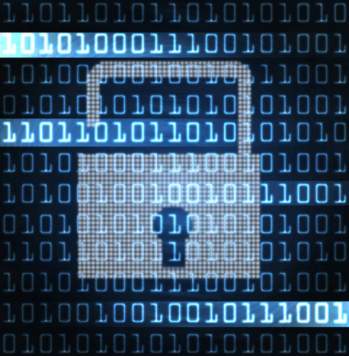
All You Need to Know About Password Hacker

Many computer hackers rely on hacker programs to successfully achieve their goals. Programs are commonly used to infiltrate systems, destroy computers, and log keystrokes in order to obtain personal information about an individual. However, some hackers do not use hacker programs, and instead, they hack computers by using knowledge to discover passwords.
Passwords are used to prohibit strangers and unwanted individuals from gaining access to computer systems. A personal computer can store vital information about its owner, including his/her schedule, social security number, bank account number, credit card information, and billing address. If a computer hacker obtains this personal information, he/she has all of the information necessary to steal the victim’s identity. Malicious hackers could exploit this information easily, causing serious complications for his/her victim.
A password hacker uses common knowledge of an individual to make educated guesses regarding his/her passwords. However, using educated guesses may take an extended period of time, as there a millions of password possibilities, even if a hacker does know some detailed information about a victim. A password hacker may use algorithms, which generate number, letter, and symbol combinations.
Trial and error may be a common method frequently employed by an e-mail password hacker. Using this method, the hacker will continue trying possible passwords until he/she gains access to the desired computer or e-mail account. Though many passwords hackers do not use hacker programs, there are programs available to assist in this endeavor. For example, a dictionary attack uses programs that generate popular words and inserts them into password fields until access is granted.
NEXT: Computer Crime Overview




















